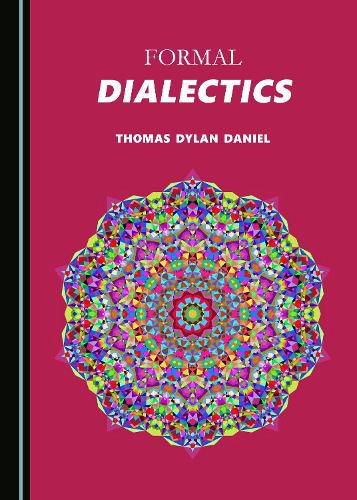Readings Newsletter
Become a Readings Member to make your shopping experience even easier.
Sign in or sign up for free!
You’re not far away from qualifying for FREE standard shipping within Australia
You’ve qualified for FREE standard shipping within Australia
The cart is loading…






Why do the attempts we make to explain the world around us fall short? Arguments for or against the existence of God, the question of free will, and even Principia Mathematica are all examples of explanations that look solid from some points of view, but which have serious weaknesses from other perspectives. This book explores the built-in limits of reason itself by pointing out the fact that language can only be used to create incomplete systems. Philosophy, mathematics, and logic supply the groundwork for the introduction of a framing mechanism to help thinkers understand why thinking itself can sometimes fail. Known as the metadialectic, this new frame of reference allows us to evaluate different arguments in terms of their constituent parts. Students from any background interested in improving critical thinking will benefit from this study of the dialectical archetypes-as can the more traditional philosophically minded questioners, those of us who are motivated by a deeper desire to understand the world.
$9.00 standard shipping within Australia
FREE standard shipping within Australia for orders over $100.00
Express & International shipping calculated at checkout
Why do the attempts we make to explain the world around us fall short? Arguments for or against the existence of God, the question of free will, and even Principia Mathematica are all examples of explanations that look solid from some points of view, but which have serious weaknesses from other perspectives. This book explores the built-in limits of reason itself by pointing out the fact that language can only be used to create incomplete systems. Philosophy, mathematics, and logic supply the groundwork for the introduction of a framing mechanism to help thinkers understand why thinking itself can sometimes fail. Known as the metadialectic, this new frame of reference allows us to evaluate different arguments in terms of their constituent parts. Students from any background interested in improving critical thinking will benefit from this study of the dialectical archetypes-as can the more traditional philosophically minded questioners, those of us who are motivated by a deeper desire to understand the world.